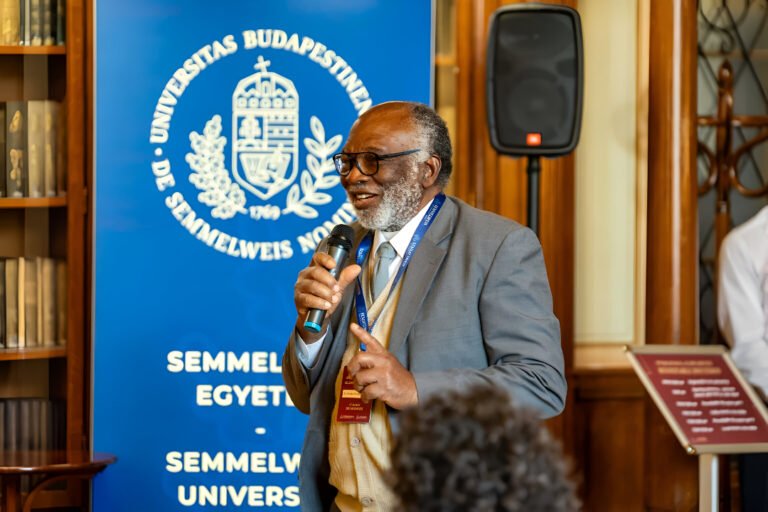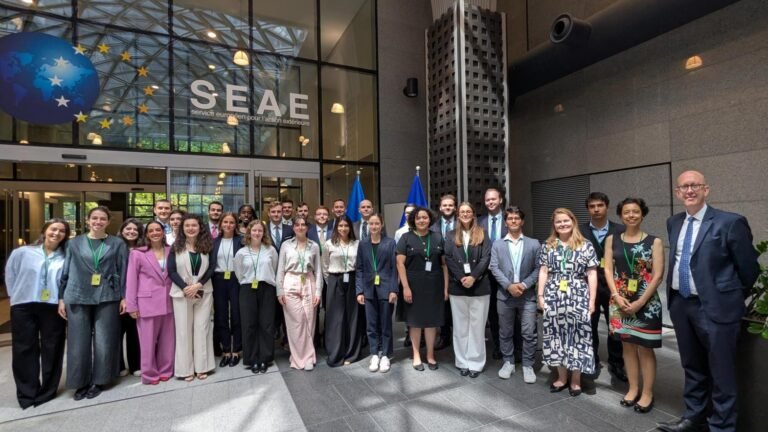
Climate change is disrupting the rainforests of South America, causing severe flooding, destroyed infrastructure, and halted schooling for local children. According to educational scientist Tuija Veintie from the University of Helsinki, these crises particularly impact indigenous communities already burdened by social inequality.
Veintie’s research focuses on the views of indigenous youth aged 15–25 and how their communities support them in facing these challenges. “We are interested in their hopes and expectations for the future, as well as the role of community resilience in overcoming adversity,” she explains.
Historically, education systems in the region often sought to assimilate indigenous children into mainstream culture, weakening their ties to their heritage. However, Veintie notes a growing shift towards more inclusive and respectful approaches that better integrate indigenous knowledge.
Spotlight on Young Women
Ecuador, once considered politically stable, now faces economic stagnation and rising violent crime, amplifying the vulnerabilities of indigenous communities. Veintie’s research particularly emphasizes young women’s experiences, as they are often the most affected by overlapping inequalities.
One of the keynote speakers at the upcoming Indigenous Studies Conference hosted by the University of Helsinki is Shuari-language poet María Clara Sharupi Jua from Ecuador, whose participation highlights the voices of indigenous women in global dialogues.
Enriching Science with Indigenous Knowledge
Veintie calls for the greater recognition of indigenous knowledge systems within the scientific community, stressing their potential to address complex global problems.
“Equal dialogue broadens our thinking and helps us build knowledge, understanding, and solutions together,” she says.
The research underscores the need for inclusive methods and diverse perspectives in tackling climate change and social inequality, aligning with the University of Helsinki’s commitment to global collaboration and indigenous studies.
Source: University of Helsinki






